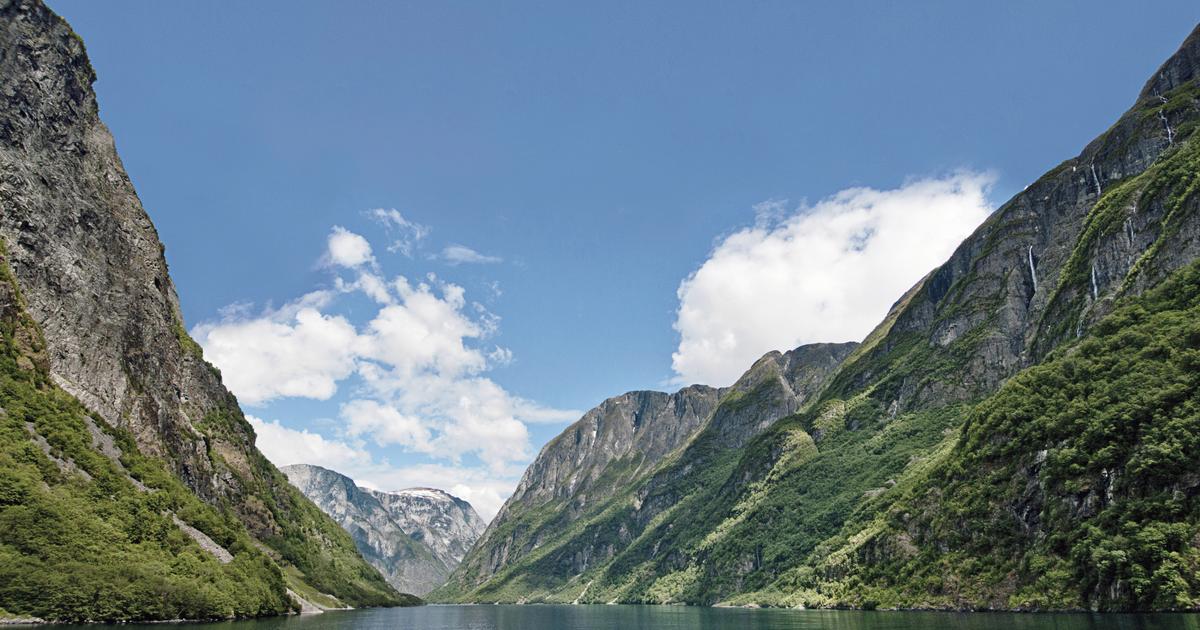Enlarge image
Start of a long-haul flight across the Atlantic (from Cologne-Bonn Airport)
Photo: Oliver Berg/ dpa
According to a study, the use of sustainable fuels in aircraft would not make flying excessively expensive.
The admixture of such Sustainable Aviation Fuels (SAF) is expected to increase fuel costs for airlines by up to 16 percent per ton by 2038 compared to pure fossil kerosene, according to calculations published on Tuesday by the auditing and consulting firm PwC and its strategy consultancy » Strategy&« emerges.
However, kerosene will also become more expensive as a result of the CO2 tax.
If the additional costs for SAF were passed on to the passengers in full, the surcharge for a flight from Munich to New York would be around 36 euros.
"Anyone who wants to fly more sustainably in the future will have to pay more for it," said aviation expert Jan Wille from "Strategy&" Germany.
But the pure SAF surcharge remains within a manageable range for airlines and passengers.
Airlines need to act now, Wille said.
He pleads for a pioneering role in the use of SAF.
In addition, the manufacturers of engines and aircraft should switch to higher SAF admixture quotas, increase the efficiency of their machines and further promote the development of alternative drives.
The problem is the production capacities
So far, the available quantities have been the biggest obstacle to switching to SAF.
In Europe, their share in use is less than one percent, according to the study.
The authors run through two scenarios in which the share of SAF increases to either 20 or 32 percent by 2035.
Depending on the scenario, they envisage a share of 63 and 75 percent for the year 2050.
SAF could still cost more than fossil kerosene well into the 2040s.
"In order to be able to cover the growing demand for SAF, the required production capacities have to be increased drastically," said co-author Dirk Niemeier.
The manufacturers of classic kerosene are also in demand.
In this way, they could not only contribute to climate protection, but also make their business models resilient.
beb/dpa












